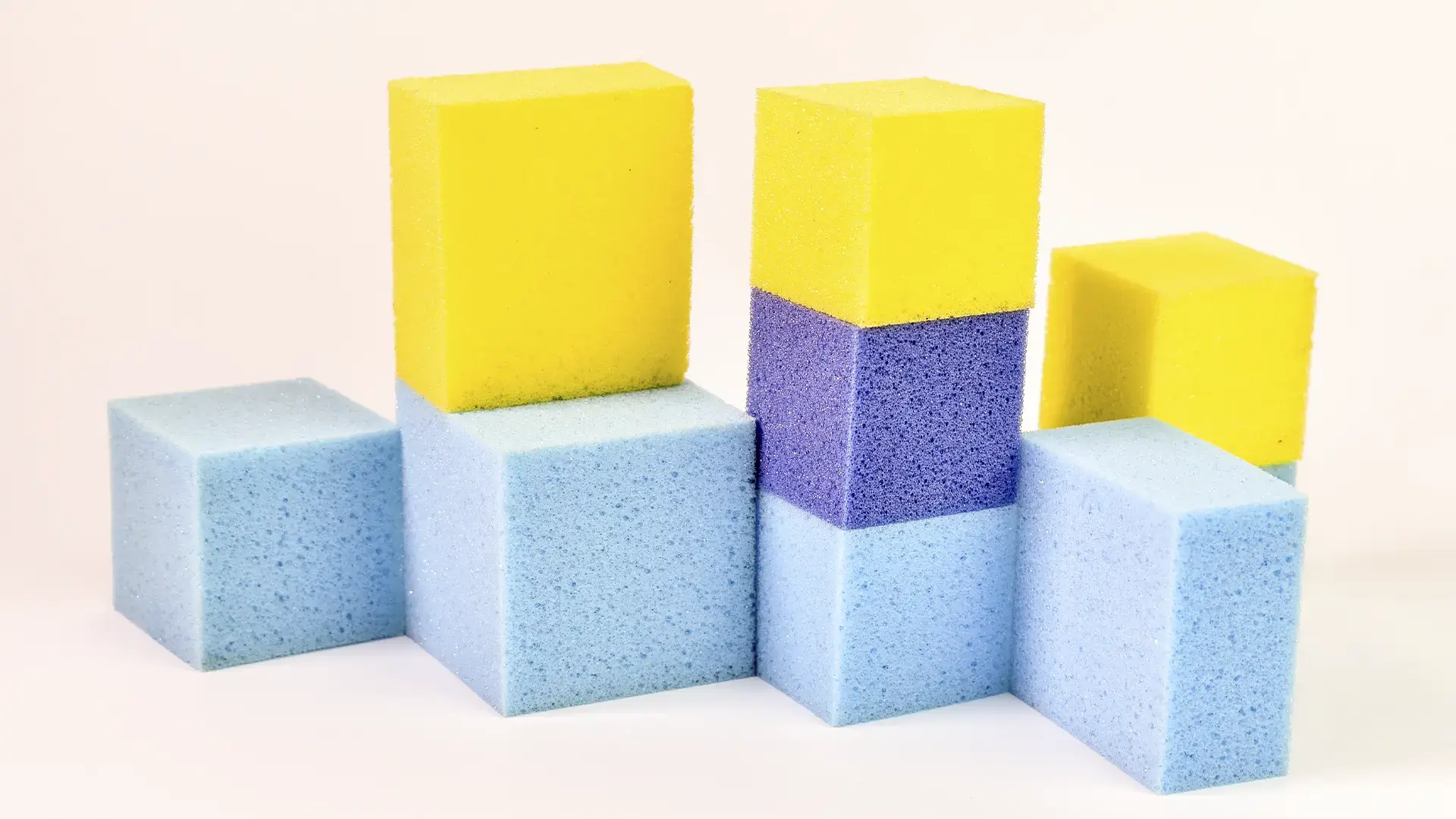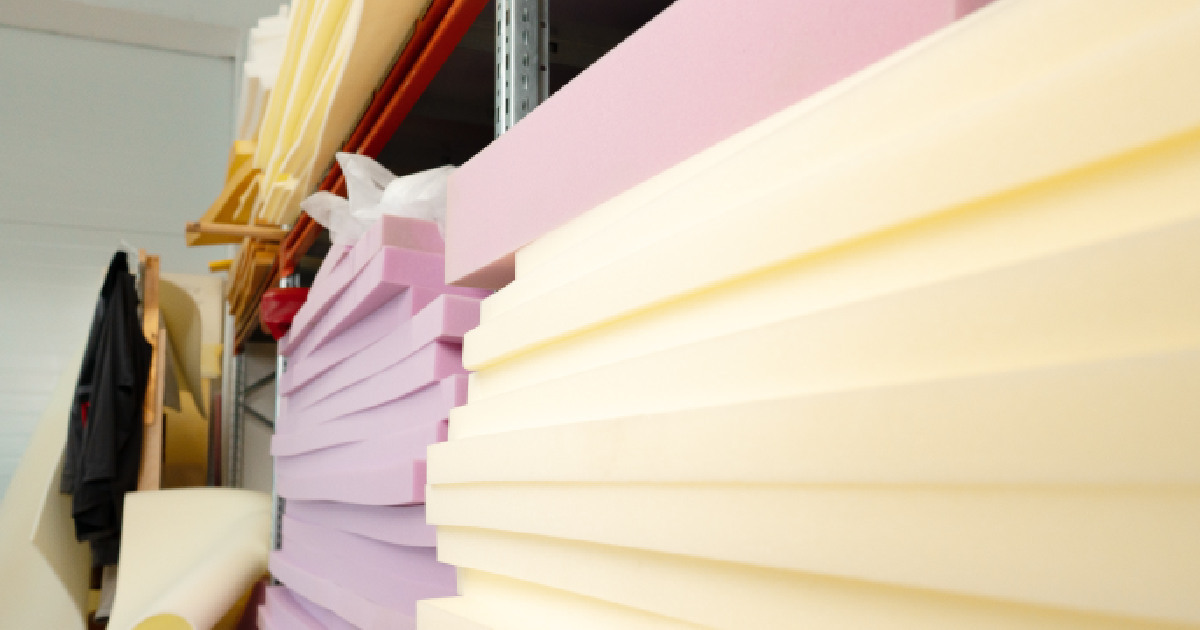Foam: Advantages and Applications in Different Industrial Sectors

Polyurethane foam, or Foam, has become an essential material in various industries due to its versatility, durability, and unique properties. From thermal insulation in construction to its use in furniture and packaging, this material has revolutionized industrial processes and improved efficiency in multiple sectors.
In this article, we will explore the advantages of using polyurethane foam and its applications in different industries, meeting market needs.
Advantages of Polyurethane Foam
Foam offers a series of benefits that make it an irreplaceable material in many sectors. Below, we analyze some of its main advantages:
1. Thermal and Acoustic Insulation Properties
One of the most outstanding features of polyurethane foam is its ability to act as an excellent thermal and acoustic insulator. This material can significantly reduce the transfer of heat and sound, making it ideal for construction applications, such as in walls, ceilings, and cooling systems.
For example, in buildings, the use of polyurethane foam as thermal insulation contributes to improving energy efficiency, reducing heating and cooling costs. Additionally, its acoustic insulation capability makes it a perfect solution for environments where noise control is crucial, such as offices and auditoriums.
2. Durability and Resistance
Polyurethane foam is highly resistant to wear, abrasion, and adverse environmental conditions. This prolongs its lifespan even in demanding industrial applications, such as in machinery or automotive components. Its durability also minimizes the need for frequent replacements, making it a cost-effective option in the long term.
3. Lightness and Flexibility
A key aspect of polyurethane foam is its lightness, which facilitates handling and transport. Additionally, its flexibility allows it to be adapted to different shapes and sizes, which is essential in sectors such as industrial packaging and furniture manufacturing. This not only optimizes production processes but also reduces the total weight of the final products, which can be crucial in applications such as automotive.
4. Sustainability
In a world where sustainability is a priority, polyurethane foam presents itself as a responsible solution. Its durability and recyclability contribute to reducing industrial waste. Moreover, its energy efficiency in insulation applications helps to decrease carbon emissions, aligning with global sustainability goals.
Applications of Polyurethane Foam

Polyurethane foam is used in various sectors:
- Construction: Used as thermal and acoustic insulation, improving energy efficiency and building resilience.
- Automotive: Employed in seats, panels, and components that require cushioning, improving comfort and fuel efficiency.
- Furniture and Mattresses: Provides comfort, support, and durability.
- Industrial Packaging: Protects products during transport and storage, reducing costs and CO2 emissions.
- Appliances: Acts as thermal insulation, improving energy efficiency.
ECSA Foams: Innovation in Polyurethane Foam
In Mexico, ECSA Foams has positioned itself as a benchmark in the manufacture of high-quality polyurethane foam. With a focus on innovation and customization, we offer solutions tailored to the specific needs of each client, from densities and thicknesses to custom hardnesses.
If you want to learn more about the applications of polyurethane foam and how it can benefit your industry, we invite you to contact our experts. Their experience and commitment to innovation make them a reliable partner for your project.